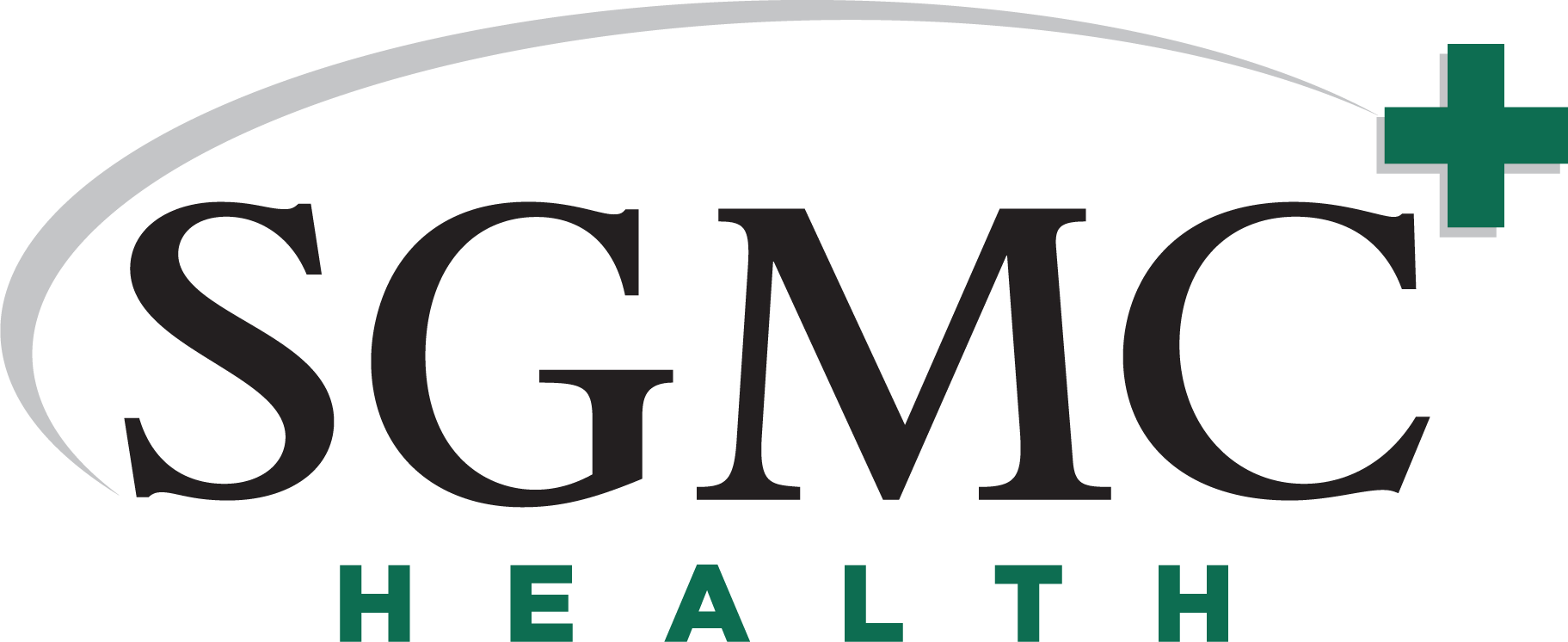Physiatrist
A physiatrist is a physician who has received specialized training in physical medicine and rehabilitation (PM&R). PM&R, or physiatry, is the branch of medicine emphasizing the prevention, diagnosis, treatment, and rehabilitation of disorders that produce temporary or permanent functional impairment.
Physiatry is unique among medical fields in that its area of expertise addresses the function of the whole patient, as compared with a focus on an organ system or systems. Suffering an acute injury or living with chronic illness can affect the way people move and communicate, and perceive themselves and their role in the home and workplace. Physiatry is about patient-centered care and maximizing independence and mobility with the goal of returning patients to their roles in society.
Physical Therapists
Physical therapists (PTs) are licensed health care professionals who can help patients reduce pain and improve or restore mobility – in many cases without expensive surgery and often reducing the need for long-term use of prescription medications and their side effects. Many of the PTs at SGMC are Doctors of Physical Therapy. Physical Therapist Assistants (PTAs) are also employed at SGMC and work with patients under the direction of a PT.
Physical therapists can teach patients how to prevent or manage their condition so that they will achieve long-term health benefits. PTs examine each individual and develop a plan, using treatment techniques to promote the ability to move, reduce pain, restore function, and prevent disability. In addition, PTs work with individuals to prevent the loss of mobility before it occurs by developing fitness- and wellness-oriented programs for healthier and more active lifestyles.
Occupational Therapists
Occupational Therapists (OTs) are licensed healthcare professionals who help patients return to activities of daily living (ADLs). Many of the OTs at SGMC have Master’s or Doctoral level education. Certified Occupational Therapy Assistants (COTAs) are also employed at SGMC and work with patients under the direction of an OT.
OTs ask, “What matters to you?” not, “What’s the matter with you?” Occupational therapy practitioners have a holistic perspective, in which the focus is on adapting the environment to fit the person, and the person is an integral part of the therapy team.
In its simplest terms, occupational therapists and occupational therapy assistants help people of all ages participate in the things they want and need to do through the therapeutic use of everyday activities.
Occupational therapy services may include comprehensive evaluations of the client’s home, recommendations for adaptive equipment and training in its use, and guidance and education for family members and caregivers.
Speech-Language Pathologists
Speech-Language Pathologists (SLPs or Speech Therapists) are licensed healthcare professionals who practice in the areas of communication and swallowing. A minimum of a Master’s Degree is required to practice Speech-Language Pathology. All of SGMC’s SLPs also hold the Certificate of Clinical Competency, which is an additional certification awarded by the American Speech Language and Hearing Association to applicants who have met their rigorous standards, demonstrating that they have the knowledge, skills, and expertise to provide high-quality clinical services.
SLPs work with patients of all ages and with disorders resulting from a variety of causes such as stroke, brain injury, hearing loss, developmental delay, cleft palate, Parkinson’s, or cerebral palsy. Some of the areas addressed by SLPs include speech production and clarity, language, memory and concentration, voice, and swallowing. The focus is generally on helping the patient communicate most effectively, or swallow most safely. Training and educating communication partners/support persons is an important part of an SLPs practice and can make a significant difference in the patient and caregiver’s quality of life and overall rehabilitation experience.
Rehabilitation Nursing
Rehabilitation nurses provide quality medical care 24 hours a day. Rehabilitation nurses make a visible difference in their patients’ lives and work as part of a collaborative healthcare team. The Rehab nurses work with patients ages 18 and up, and their families or caregivers, soon after the onset of a disabling injury or chronic illness. They restore freedom and independence to patients so they can live life again.
Rehab nurses play many roles in our Rehab Unit from collaborators, educators, and care coordinators to advocates and change agents. They work with other healthcare team members including physiatrists, OTs, PTs, speech therapists, social workers, and other specialists to create a comprehensive care plan based on patient goals in order to maximize potential. Rehabilitation nursing is a philosophy of care, not a work setting or a phase of treatment. Patients arrive at our rehabilitation setting with more complex medical conditions now than ever before. No two patients are exactly alike— and no 2 days are alike. All nursing skills are utilized to manage complex medical issues and set plans of care for optimal patient function and wellness.
The Rehab nursing staff on the Inpatient Rehab Unit receive recognition from numerous patients upon discharge for the fantastic care they received while in the Rehab Unit.
Rehabilitation Social Work/Case Management
The Inpatient Rehabilitation Unit utilizes a Licensed Medical Social Worker (LMSW) to provide case coordination as well as a full range of social services. These include assessments, treatment planning, therapeutic interventions, and discharge planning. The LMSW works closely with patients and their families or caregivers and has information about a wide variety of services provided by the surrounding county to allow a safe and smooth transition to home.
